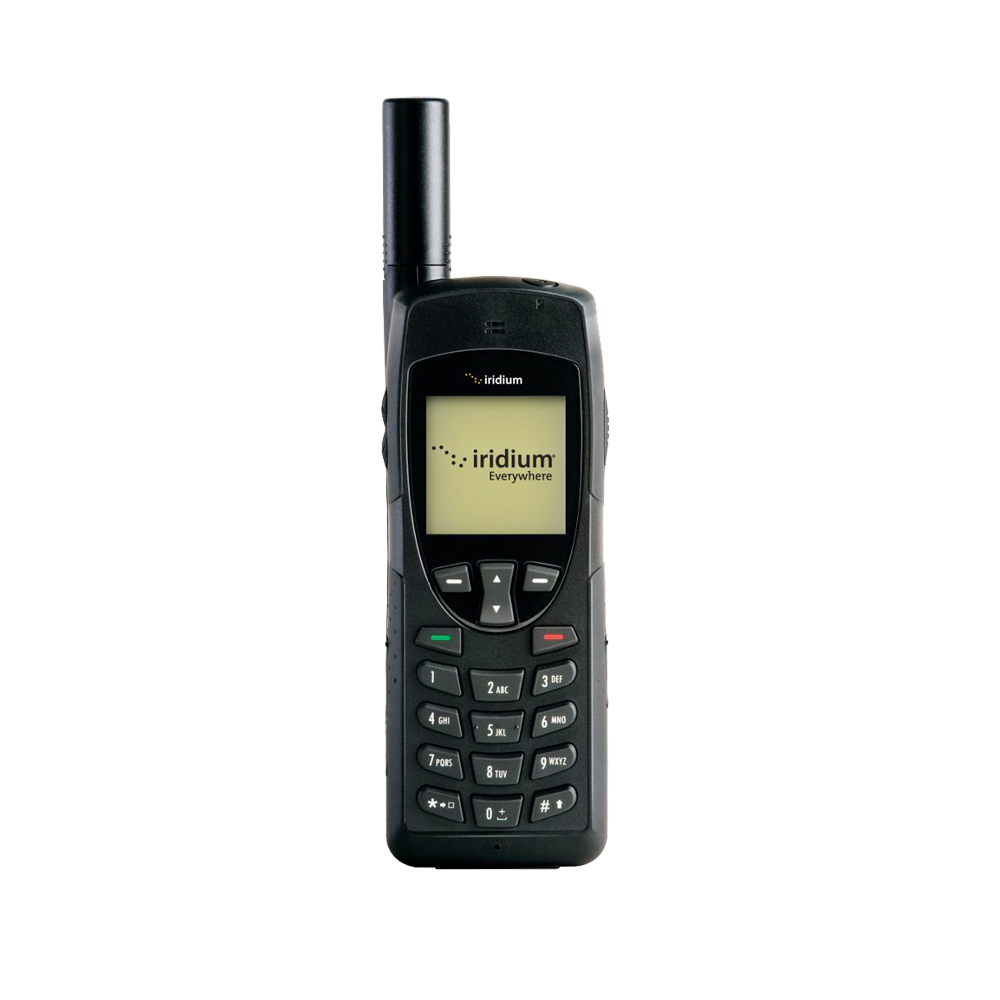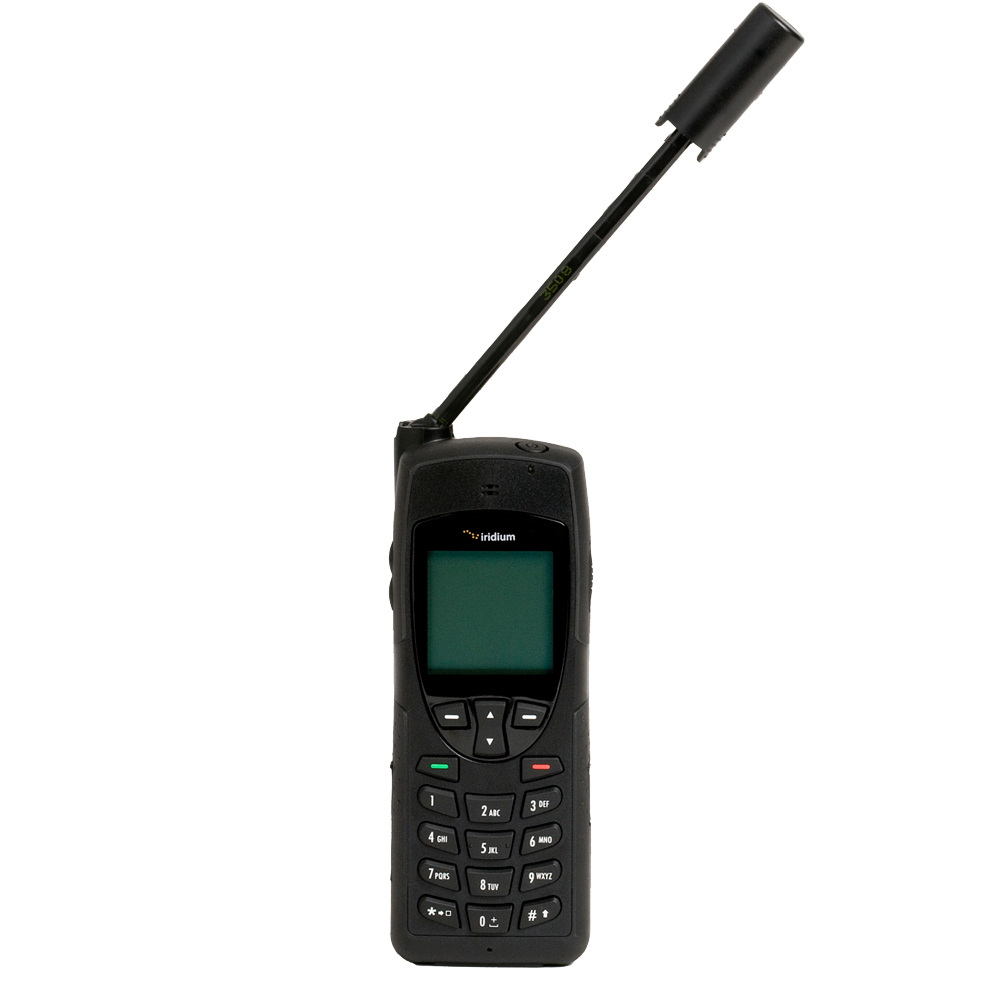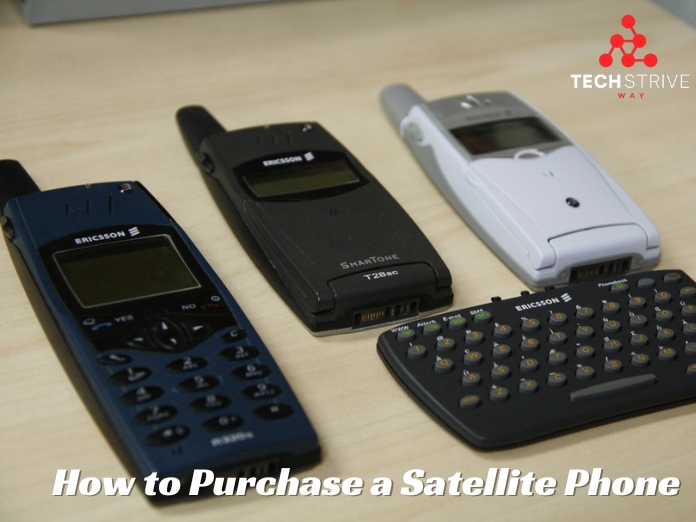To purchase a satellite phone, start by researching providers and comparing plans. Once you’ve identified a suitable option, place your order online or through a retailer.
Satellite phones are essential tools for reliable communication in remote areas. They connect users to global networks, ensuring you stay in touch during emergencies or outdoor adventures. With various models and plans available, finding the right satellite phone can feel overwhelming.
Factors like coverage, durability, and pricing matter significantly. Understanding your specific needs will help you choose the best device for your situation. This guide will simplify the purchasing process, enabling you to make an informed decision. Explore features, benefits, and tips to ensure you select the perfect satellite phone for your requirements.
The Rise Of Satellite Phones
In recent years, the demand for satellite phones has surged. These devices provide reliable communication in areas where cellular networks fail. Adventurers, remote workers, and emergency responders are among those embracing satellite technology.
Why Satellite Phones Are Gaining Popularity
Several factors contribute to the rising popularity of satellite phones:
- Global Coverage: Satellite phones work almost anywhere on Earth.
- Emergency Communication: They are crucial during natural disasters.
- Remote Work: Essential for those in isolated locations.
- Adventure Travel: Popular among hikers and explorers.
This increase in usage shows that people value constant connectivity, even in the most challenging environments.
Key Differences Between Satellite And Cellular Phones
| Feature | Satellite Phones | Cellular Phones |
|---|---|---|
| Network Coverage | Global, including remote areas | Limited to urban and suburban areas |
| Signal Type | Uses satellites orbiting Earth | Uses ground-based cell towers |
| Cost | Higher upfront and call costs | Generally lower monthly plans |
| Durability | Often rugged and weatherproof | Varies by model |
Understanding these differences helps buyers choose the right phone. Satellite phones offer unmatched reliability where traditional networks fall short.

Credit: www.iridium.com
Identifying Your Needs
Purchasing a satellite phone requires careful thought. Understanding your specific needs is crucial. This ensures you select the right device for your situation.
Assessing Communication Requirements
First, consider how you plan to use the satellite phone. Different users have different requirements. Here are some common communication needs:
- Voice Calls: Essential for direct conversations.
- Text Messaging: Useful for quick updates.
- Data Services: Important for emails or internet access.
Next, think about the frequency of use. Will you use it daily or occasionally? Understanding this helps in selecting the right plan.
Environment And Coverage Considerations
The environment affects satellite phone performance. Consider these factors:
| Environment | Coverage Type |
|---|---|
| Urban Areas | Better reception, fewer obstacles. |
| Rural Areas | Check for available networks. |
| Remote Locations | Requires strong satellite coverage. |
Research coverage maps from different providers. Ensure the phone works in your area. Consider any potential obstacles like mountains or buildings. These can block signals.
Types Of Satellite Phones
Choosing the right satellite phone is essential. Different types serve various needs. Understanding these types helps in making a better decision.
Popular Brands And Models
Several brands dominate the satellite phone market. Here are some popular options:
| Brand | Model | Features |
|---|---|---|
| Iridium | Iridium 9555 | Compact, global coverage, durable |
| Inmarsat | IsatPhone 2 | Long battery life, rugged design, reliable |
| Thuraya | XT-LITE | Lightweight, affordable, good battery |
| SATPHONE | SATPHONE S120 | Simple interface, emergency features, cost-effective |
Features To Look For
Different satellite phones offer unique features. Focus on these key aspects:
- Coverage: Ensure global or regional reach.
- Battery Life: Look for long-lasting batteries.
- Durability: Choose rugged designs for harsh conditions.
- Ease of Use: Simple interfaces are user-friendly.
- Data Services: Check for internet and text capabilities.
Consider your needs before selecting a model. Think about where you will use the phone. A well-chosen satellite phone provides reliable communication.
Understanding The Costs
Purchasing a satellite phone involves more than just the initial price. Understanding the costs helps you make an informed decision. Consider both the purchase price and ongoing charges. This ensures you stay connected without breaking the bank.
Initial Purchase Vs. Ongoing Charges
The initial purchase of a satellite phone can vary widely. Prices typically range from $300 to $1,500. The cost depends on the brand and features. Ongoing charges include service fees, which can be monthly or pay-as-you-go. Here’s a breakdown:
- Initial Purchase: One-time fee for the phone.
- Service Fees: Monthly or per-minute charges.
- Maintenance Costs: Optional repairs or upgrades.
Comparing Service Plans And Pricing
Different providers offer various service plans. Choosing the right plan saves money. Here’s how to compare:
| Provider | Monthly Fee | Call Rate | Data Allowance |
|---|---|---|---|
| Provider A | $50 | $1.00/min | 1GB |
| Provider B | $75 | $0.80/min | 2GB |
| Provider C | $100 | $0.60/min | 5GB |
Compare plans carefully. Look for hidden fees and extra charges. This ensures you find the best value for your needs.
Network Coverage And Reliability
Choosing a satellite phone involves understanding its network coverage and reliability. These factors determine how well the phone works in different areas. A reliable connection is crucial for safety and communication.
Global Vs. Regional Operators
Satellite phone operators can be categorized into two types: global and regional. Each offers different benefits.
| Operator Type | Coverage Area | Typical Use Cases |
|---|---|---|
| Global Operators | Worldwide | Remote work, travel, emergencies |
| Regional Operators | Specific regions | Local expeditions, specific countries |
Global operators provide extensive coverage. They are ideal for international travelers. Regional operators may be cheaper but offer limited service. Choose based on your travel needs.
Impact Of Geography On Connectivity
Your location greatly affects satellite phone connectivity. Different regions have unique challenges.
- Mountains: Can block signals.
- Forests: Dense trees may interfere with reception.
- Urban Areas: Tall buildings can cause signal loss.
- Oceans: Open water areas typically have better coverage.
Research your destination’s geography before buying. Check coverage maps from operators. This ensures a reliable connection when needed.

Credit: www.vzwsatellite.com
Durability And Build Quality
Durability and build quality are crucial for satellite phones. They face harsh environments. Choosing a robust phone ensures reliable communication anywhere.
Materials And Design For Extreme Conditions
Satellite phones must use strong materials. They often feature:
- High-impact plastics for shock resistance.
- Aluminum casings for added strength.
- Corrosion-resistant metals to withstand harsh elements.
Design plays a key role. Phones should have:
- Ergonomic shapes for easy handling.
- Simple interfaces for quick access.
- Stronger antennas for better signal.
Check user reviews. They provide insights on real-world durability.
Waterproof And Rugged Options
Many satellite phones offer waterproof features. Look for the following ratings:
| Rating | Description |
|---|---|
| IP67 | Water-resistant up to 1 meter for 30 minutes. |
| IP68 | Submersible up to 2 meters for over 30 minutes. |
Rugged options often include:
- Military-grade ratings like Mil-Std-810.
- Shock-absorbing designs.
- Dustproof features for dusty environments.
Choose a model that fits your adventure. A durable phone protects your investment.
Battery Life And Power Options
Choosing the right satellite phone involves understanding its battery life and power options. A reliable battery ensures consistent communication in remote areas. Knowing the types of batteries and available power sources can help you make an informed decision.
Battery Types And Lifespan
Satellite phones typically use two main types of batteries:
- Lithium-ion: Light and long-lasting. Suitable for frequent use.
- Nickel-metal hydride (NiMH): Less common. Good for extended standby times.
Battery lifespan varies by usage and model. Here’s a quick overview:
| Battery Type | Average Lifespan | Standby Time |
|---|---|---|
| Lithium-ion | 2-3 years | Up to 30 hours |
| NiMH | 1-2 years | Up to 20 hours |
Solar Chargers And Power Banks
Having backup power options is crucial. Solar chargers and power banks can extend your phone’s usability.
- Solar Chargers: Great for outdoor adventures. They convert sunlight into power.
- Power Banks: Portable and versatile. Easily recharge your phone anywhere.
Choose a solar charger with these features:
- High wattage output for faster charging.
- Durable and waterproof design.
- Multiple USB ports for charging multiple devices.
When selecting a power bank, consider:
- Capacity: Measured in milliamp hours (mAh). Higher capacity means more charges.
- Compatibility: Ensure it works with your satellite phone model.

Credit: www.vzwsatellite.com
Ease Of Use And Interface
Choosing a satellite phone involves understanding its ease of use and interface. A simple interface makes communication effortless, especially in critical situations. Look for features that enhance user experience, ensuring quick connectivity and clear navigation.
User-friendly Features
Many satellite phones come with user-friendly features. These elements simplify tasks for users of all ages.
- Large Display: A bright screen helps visibility.
- Intuitive Menus: Easy navigation through menus reduces confusion.
- Quick Access Buttons: Direct buttons for essential functions speed up tasks.
- Voice Commands: Hands-free operation enhances convenience.
Consider these features when selecting a satellite phone. They improve overall user satisfaction and efficiency.
Training And Support Services
Good training and support services are vital for satellite phone users. Many providers offer resources to help users understand their devices.
| Service Type | Description |
|---|---|
| Online Tutorials | Step-by-step guides for setup and usage. |
| Customer Support | 24/7 assistance for troubleshooting. |
| Mobile Apps | Apps that enhance phone functionality. |
| Training Sessions | Live sessions for hands-on learning. |
Evaluate the training and support options offered. They ensure smooth operation and effective use of your satellite phone.
Accessories And Additional Features
Must-have Accessories For Your Satellite Phone
Having the right accessories is crucial. Here are essential items to consider:- Car Charger: Keeps your phone powered on the go.
- Extra Battery: Provides backup power in remote areas.
- Headset: Offers hands-free communication for convenience.
- Protective Case: Shields the phone from damage and impacts.
- Data Cable: Allows easy connection to computers and other devices.
Enhancements For Specialized Use
Depending on your needs, consider these enhancements:| Feature | Description | Best For |
|---|---|---|
| External Antenna | Improves signal strength in remote areas. | Outdoor adventures and rural regions. |
| GPS Tracking | Provides location updates for safety. | Travelers and emergency services. |
| Solar Charger | Offers eco-friendly charging options. | Camping and hiking trips. |
| Bluetooth Adapter | Connects to other Bluetooth devices. | Business users and tech enthusiasts. |
Safety And Security Considerations
Purchasing a satellite phone involves important safety and security factors. Understanding these elements can protect your personal information and ensure reliable communication.
Encryption And Privacy Features
Encryption is vital for protecting your calls and messages. Look for satellite phones that offer:
- End-to-End Encryption: This keeps your conversations private.
- Secure Protocols: These prevent unauthorized access.
- Data Protection: Ensure your data is stored securely.
Choose a device that prioritizes privacy. Check reviews and specifications for encryption details. A well-encrypted phone keeps your conversations safe from eavesdroppers.
Emergency Services And Sos Functionality
Emergency services can be lifesaving in critical situations. A good satellite phone should include:
- SOS Button: Sends an emergency alert to your location.
- 24/7 Monitoring: Access to help anytime, anywhere.
- Local Emergency Numbers: Pre-programmed for quick access.
In a crisis, quick communication is essential. Ensure the phone connects easily to emergency services. Check user manuals for SOS features and their reliability.
Where To Buy
Finding the right place to purchase a satellite phone is crucial. You need to ensure you get a quality device. Here are the best options to consider.
Authorized Dealers
Buying from authorized dealers guarantees you get genuine products. These dealers provide reliable customer service and support. Here are some benefits:
- Access to the latest models
- Warranty and repair services
- Expert advice from knowledgeable staff
Check the following table for a list of some well-known authorized dealers:
| Dealer Name | Location | Contact Info |
|---|---|---|
| Satellite Phone Store | USA | (123) 456-7890 |
| Global Satellite | UK | [email protected] |
| SatPhoneShop | Australia | (987) 654-3210 |
Online Options
Online shopping offers convenience and often better prices. Many websites specialize in satellite phones. Look for these features:
- Customer reviews and ratings
- Return and refund policies
- Secure payment options
Some reputable online platforms include:
- Amazon
- eBay
- Best Buy
Avoiding Counterfeit Products
Counterfeit satellite phones can cause many problems. Protect yourself by following these tips:
- Only buy from authorized dealers or trusted websites
- Check for product reviews and ratings
- Look for clear return policies
- Verify the manufacturer’s warranty
Stay cautious. A little research can save you from costly mistakes.
Making The Purchase Decision
Choosing a satellite phone requires careful thought. It’s essential to consider various factors before making a purchase. This ensures you pick the best option for your needs.
Checking Reviews And Testimonials
Reviews and testimonials provide insights from actual users. They help you gauge a phone’s performance and reliability. Look for reviews on reputable websites. Focus on the following:
- Overall Rating: Check the average score from users.
- User Experiences: Read about their experiences in different conditions.
- Pros and Cons: Identify common strengths and weaknesses.
- Expert Reviews: Seek opinions from technology experts.
Consider creating a table to compare different models. This will help visualize the data and make informed choices.
| Model | Rating | Pros | Cons |
|---|---|---|---|
| Model A | 4.5/5 | Durable, Long Battery Life | High Cost |
| Model B | 4.0/5 | Compact, Affordable | Limited Range |
| Model C | 4.8/5 | Excellent Coverage | Heavy |
Warranty And Customer Service
A good warranty protects your investment. Look for phones that offer at least a one-year warranty. This provides peace of mind against defects. Customer service is equally crucial. Check the following:
- Availability: Is support available 24/7?
- Response Time: How quickly do they respond to inquiries?
- Support Channels: Can you reach them via phone, chat, or email?
Read customer service reviews. This can highlight strengths and weaknesses in support. A reliable customer service team enhances your overall experience.
Frequently Asked Questions
How Much Does A Satellite Phone Cost?
Prices typically range from $300 to $1,500, depending on brand and features.
Where Can I Buy A Satellite Phone?
Satellite phones are available online, in electronics stores, or through specialized satellite communication providers.
What Features Should I Consider?
Look for battery life, coverage area, weight, and additional functionalities like GPS or emergency services.
Conclusion
Purchasing a satellite phone can greatly enhance your communication options, especially in remote areas. Consider your specific needs, budget, and service plans before making a choice. Doing thorough research will ensure you select the right device. Stay connected, no matter where your adventures take you.
Make an informed decision today.


аккаунты с балансом платформа для покупки аккаунтов
купить аккаунт https://marketplace-akkauntov-top.ru
магазин аккаунтов маркетплейс аккаунтов
заработок на аккаунтах заработок на аккаунтах
гарантия при продаже аккаунтов https://prodat-akkaunt-online.ru/
услуги по продаже аккаунтов https://kupit-akkaunt-top.ru
продажа аккаунтов соцсетей https://pokupka-akkauntov-online.ru/
Account Trading Purchase Ready-Made Accounts
Website for Buying Accounts Buy accounts
Verified Accounts for Sale https://socialaccountsmarket2025.com/
Account Buying Platform buyaccountsmarketplace.com
Database of Accounts for Sale Account marketplace
Account Acquisition Account Selling Service
Account Catalog Database of Accounts for Sale
Account market Guaranteed Accounts
Account exchange Accounts for Sale
Account Buying Platform Purchase Ready-Made Accounts
buy accounts purchase ready-made accounts
account purchase account buying service
verified accounts for sale sell account
sell accounts https://buyaccountsdiscount.com
accounts market secure account sales
account acquisition account sale
database of accounts for sale find accounts for sale
social media account marketplace accounts for sale
account buying service account buying service
social media account marketplace account market
accounts for sale account marketplace
find accounts for sale buy pre-made account
marketplace for ready-made accounts find accounts for sale
account exchange service account trading service
account exchange service purchase ready-made accounts
account selling service secure account sales
account trading platform account selling service
account buying platform buy and sell accounts
account sale account trading platform
verified accounts for sale purchase ready-made accounts
social media account marketplace sell pre-made account
website for buying accounts website for selling accounts
account acquisition gaming account marketplace
website for selling accounts find accounts for sale
database of accounts for sale account exchange service
social media account marketplace account trading
account market account market
account selling service account trading platform
accounts marketplace accounts market
sell accounts https://accounts-marketplace.xyz/
account exchange service https://buy-best-accounts.org/
gaming account marketplace https://social-accounts-marketplaces.live
gaming account marketplace accounts market
website for selling accounts https://social-accounts-marketplace.xyz
account trading platform https://buy-accounts.space
sell pre-made account buy accounts
account trading platform accounts marketplace
accounts for sale https://social-accounts-marketplace.live
account selling service https://accounts-marketplace.online
marketplace for ready-made accounts https://accounts-marketplace-best.pro
маркетплейс аккаунтов akkaunty-na-prodazhu.pro
площадка для продажи аккаунтов https://rynok-akkauntov.top/
площадка для продажи аккаунтов kupit-akkaunt.xyz
маркетплейс аккаунтов https://akkaunt-magazin.online
маркетплейс аккаунтов https://akkaunty-market.live
магазин аккаунтов kupit-akkaunty-market.xyz
маркетплейс аккаунтов магазины аккаунтов
площадка для продажи аккаунтов https://online-akkaunty-magazin.xyz
маркетплейс аккаунтов https://akkaunty-dlya-prodazhi.pro/
продажа аккаунтов маркетплейсов аккаунтов
buy facebook ad account buy facebook account
fb account for sale https://buy-ad-accounts.click/
buying facebook account buying fb accounts
facebook account sale https://buy-ads-account.click
buy fb account https://ad-account-buy.top/
facebook accounts for sale https://buy-ads-account.work
fb accounts for sale https://ad-account-for-sale.top
Этот информативный текст выделяется своими захватывающими аспектами, которые делают сложные темы доступными и понятными. Мы стремимся предложить читателям глубину знаний вместе с разнообразием интересных фактов. Откройте новые горизонты и развивайте свои способности познавать мир!
Ознакомиться с деталями – https://medalkoblog.ru/
buy facebook ad account buying facebook ad account
buy facebook profiles https://ad-accounts-for-sale.work/
buy google ads threshold account https://buy-ads-account.top
buy verified google ads accounts https://buy-ads-accounts.click
facebook ad accounts for sale https://buy-accounts.click
google ads agency account buy https://ads-account-for-sale.top
google ads agency accounts https://ads-account-buy.work
google ads reseller buy-ads-invoice-account.top
buy aged google ads account https://buy-account-ads.work
buy google ads account google ads accounts
buy aged google ads accounts https://sell-ads-account.click
buy account google ads https://ads-agency-account-buy.click
buy facebook bm buy-business-manager.org
buy verified google ads accounts buy google ad account
facebook business manager account buy https://buy-bm-account.org
buy facebook business manager account https://buy-verified-business-manager-account.org/
buy facebook business manager accounts https://buy-business-manager-acc.org/
unlimited bm facebook https://buy-verified-business-manager.org/
buy business manager https://business-manager-for-sale.org
facebook bm for sale https://buy-business-manager-verified.org/
buy verified bm https://buy-bm.org/
facebook business manager account buy https://verified-business-manager-for-sale.org/
buy facebook verified business account buy-business-manager-accounts.org
buy tiktok ads https://buy-tiktok-ads-account.org
buy tiktok ad account https://tiktok-ads-account-buy.org
buy tiktok ads account https://tiktok-ads-account-for-sale.org
buy tiktok ads account https://tiktok-agency-account-for-sale.org
tiktok ads agency account https://buy-tiktok-ad-account.org
tiktok ads account buy https://buy-tiktok-ads-accounts.org
tiktok agency account for sale https://tiktok-ads-agency-account.org
tiktok ads account buy https://buy-tiktok-business-account.org
tiktok ad accounts https://buy-tiktok-ads.org
купить цветы в спб с доставкой купить цветы в спб дешево
Хочешь больше денег https://mfokapital.ru Изучай инвестиции, учись зарабатывать, управляй финансами, торгуй на Форекс и используй магию денег. Рабочие схемы, ритуалы, лайфхаки и инструкции — путь к финансовой независимости начинается здесь!
Сделай сам капитальный ремонт дома как часто Ремонт квартиры и дома своими руками: стены, пол, потолок, сантехника, электрика и отделка. Всё, что нужно — в одном месте: от выбора материалов до финального штриха. Экономьте с умом!
КПК «Доверие» https://bankingsmp.ru надежный кредитно-потребительский кооператив. Выгодные сбережения и доступные займы для пайщиков. Прозрачные условия, высокая доходность, финансовая стабильность и юридическая безопасность.
Займы под залог https://srochnyye-zaymy.ru недвижимости — быстрые деньги на любые цели. Оформление от 1 дня, без справок и поручителей. Одобрение до 90%, выгодные условия, честные проценты. Квартира или дом остаются в вашей собственности.
Generate custom ai hentai. Create anime-style characters, scenes, and fantasy visuals instantly using an advanced hentai generator online.